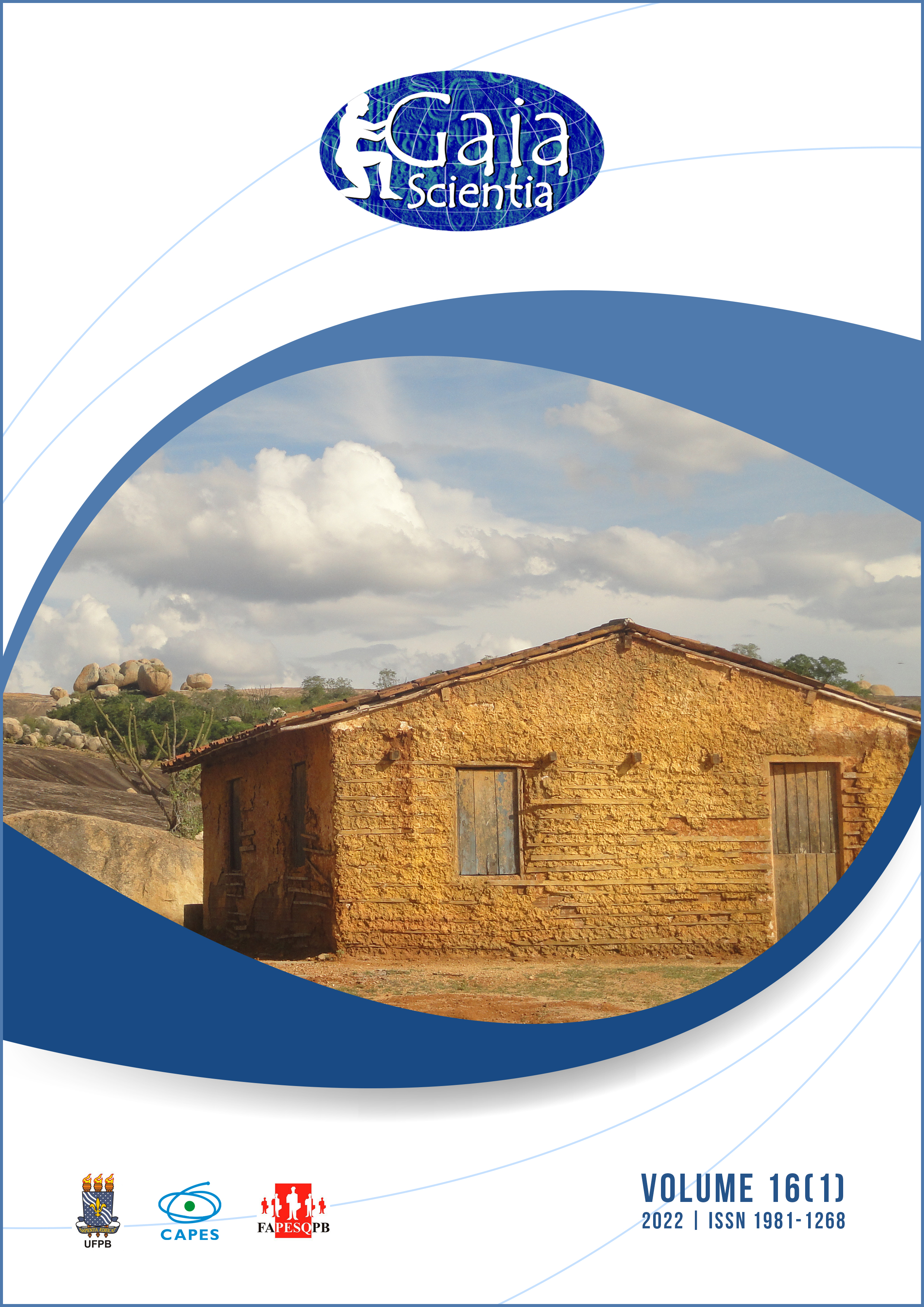Survival in the agroforestry systems of the Porto Seguro Sustainable Development Project, Marabá, PA, Brazil: biodiversity and construction of emancipatory knowledge
DOI:
https://doi.org/10.22478/ufpb.1981-1268.2022v16n1.61936Abstract
The study aims to identify the forms of use and management, conservation and commercialization of species cultivated in agroforestry systems (AFSs) developed by family subsistence farmers in the Porto Seguro Sustainable Development Project in Marabá, Pará, Brazil, evaluating the importance of this resource for the preservation of local traditions and the valorization of sociobiodiversity. Data was collected between November 2019 and October 2020 through semi-structured interviews and guided tours of eight family units, with the aid of an audio recorder, photographic records and field diary reports. The data was interpreted qualitatively and quantitatively through the systematization with Microsoft Excel. A total of 54 species belonging to 30 families were reported, distributed in three productive spaces with economic, protection and maintenance functions of biodiversity: the forest, farms and the AFS. The investigated AFSs are mostly composed of fruit trees, do not have a specific model and show a strong correlation with the factor age. The importance value of the species ranged between 0.13 and 0.50. The lack of technical assistance and support from public authorities poses several limitations to productive practices and socioeconomic reproduction. The survey data reinforce the role of AFSs in the conservation of sociobiodiversity and preserving traditional ways of life.










